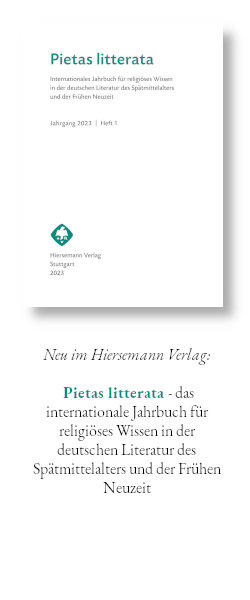Una etimología de Isidoro de Sevilla anclada en la lengua oral: mandragora- mandragola (Etym. 17,9,30)
DOI:
https://doi.org/10.36191/mjb/2020-55-1-2Schlagworte:
Isidore of Seville, etymology, mandragora, mandrake, Vulgar LatinAbstract
Arsenio Ferraces Rodríguez: An etymology by Isidore of Seville anchored in the spoken language: mandragora – mandragola (Etym. 17,9,30).
Isidore of Seville (Etym. 17,9,30) explains that the mandrake is called mandragora because it has sweet-smelling fruits. Even though this passage seems clear at first sight, the biggest difficulties arise when we try to understand what kind of relationship he defends between the name and the named thing. The term mandragora could be pronounced mandragola in spoken language. Only when this fact is taken into account we realize that Isidore is playing with two forms of the same name. He is employing the word’s written form, mandragora, but the etymology is based on the spoken one, mandragola. This way he is making an association between the ending -ola and the verb olere through the participle olentia. That is, «mandrake (mandrag-ola) is so called because it has sweet-smelling (suave olentia) apples».


